Helpful Thoughts about Invasives, Natives, etc.!
arbo_retum
13 years ago
Related Stories
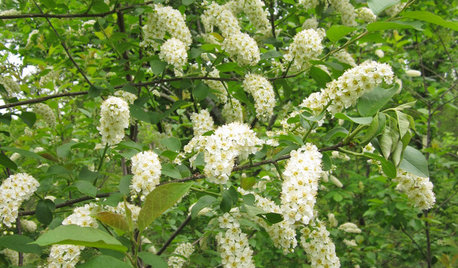
TREESNative Plant Alternatives to Invasive Common Buckthorn
Learn how to identify and control this aggressive plant, and what to grow in its place
Full Story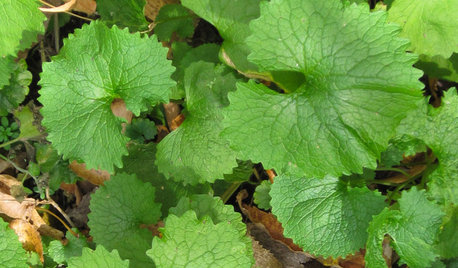
GARDENING GUIDESDo You Have This Invasive Plant in Your Yard?
Garlic mustard is spreading across the U.S. Here’s how to spot it and what to do
Full Story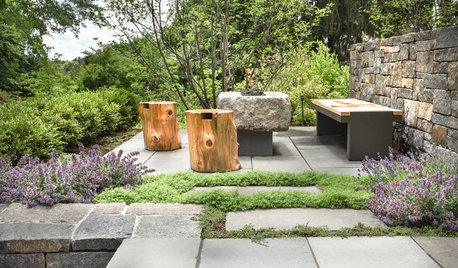
LANDSCAPE DESIGNNative Plants Help You Find Your Garden Style
Imagine the garden of your dreams designed with plants indigenous to your region
Full Story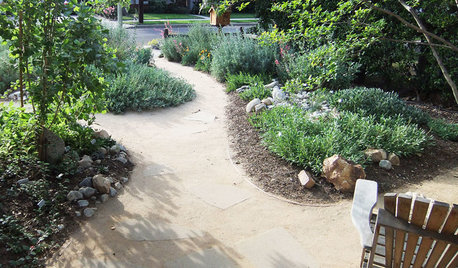
GARDENING GUIDES5 Things to Know About Watering Your Native Garden
Ensure the success of your new plantings with a smart approach to irrigation
Full Story
GARDENING FOR BUTTERFLIES3 Ways Native Plants Make Gardening So Much Better
You probably know about the lower maintenance. But native plants' other benefits go far beyond a little less watering and weeding
Full Story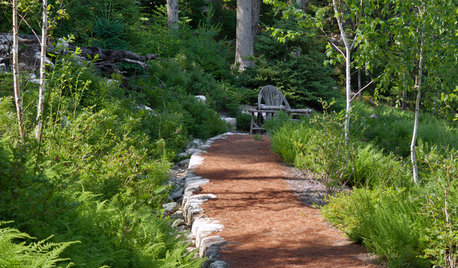
GARDENING GUIDES5 Things to Know About Weeding and Mulching Your Native Garden
What’s the best time to pull weeds? How thick should the mulch be? Here’s the scoop for a healthy landscape
Full Story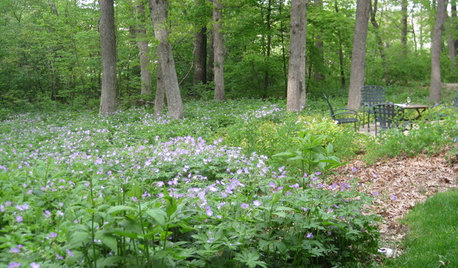
GARDENING GUIDESWe Bust 4 More Native Plant Myths
Have you been taken in by these fallacies about gardening with native plants?
Full Story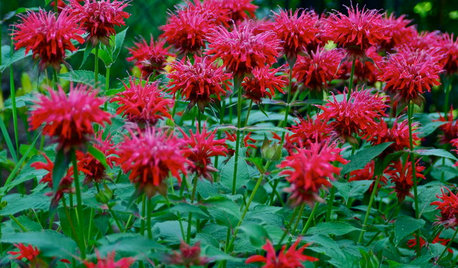
GARDENING GUIDES10 Deer-Resistant Native Flowers to Plant This Fall
Learn about natives that embrace some kinds of wildlife but resist grazing deer
Full Story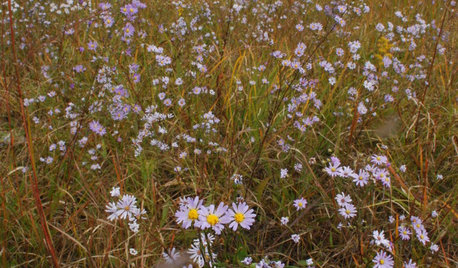
GARDENING GUIDES15 Native Flowers That Feed Native Bees
These perennials offer superfood to hundreds of bees and are gorgeous in their own right
Full Story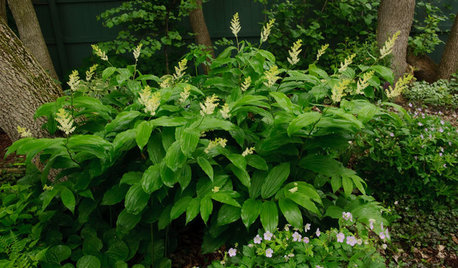
GARDENING GUIDESGarden-Friendly Native Alternatives to Overplanted Exotics
There are lots of gorgeous, wildlife-friendly native plants ready to make an appearance in your garden
Full Story


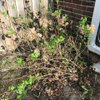
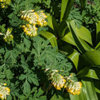
arbo_retumOriginal Author
arbo_retumOriginal Author
Related Discussions
non-invasive native groundcovers ...do they exist?
Q
another site for Native Alternatives to Invasive Plants
Q
in a yard with invasive English ivy, etc, can natives survive?
Q
my treasured natives invasive?
Q
arbo_retumOriginal Author
summersunlight
arbo_retumOriginal Author
arbo_retumOriginal Author
terrene
arbo_retumOriginal Author
gardenfanatic2003
runktrun
arbo_retumOriginal Author
arbo_retumOriginal Author
gardengal48 (PNW Z8/9)